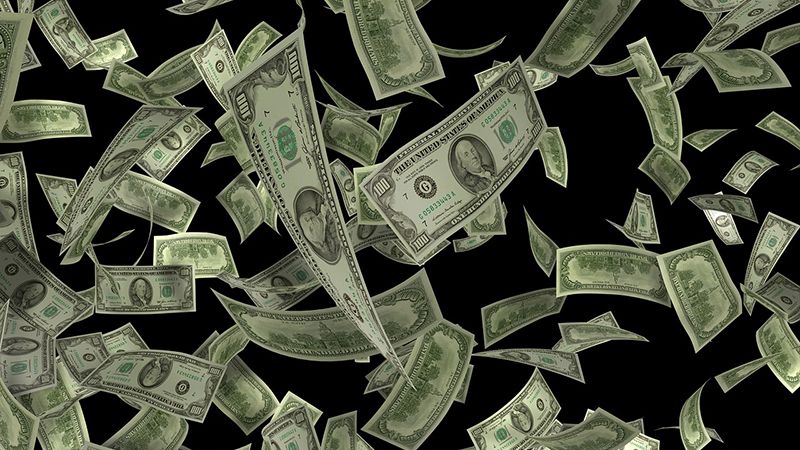Warren Buffett made $12 billion in 2016 and reclaimed his position as the second richest person in the world, according to Forbes’ billionaire rankings.
How did he do it?
There are three primary reasons behind his investment performance, which helped increase his net worth to $74 billion.
1. The Election
Although Buffett supported Hillary Clinton during the 2016 election, and even provided free trolley rides for voters to travel to the precincts, it was Donald Trump’s victory that helped propel a broad stock market rally. Buffett’s Berkshire Hathaway, which has gained 11.5% since election day on November 8, captured nearly half its share price increase in the two days after the election.
But, the broader stock market rally doesn’t explain the whole story. Buffett’s underlying stock picks may provide guidance for your investment portfolio selections heading into 2017.
2. Bank Stocks
Buffett has been a long-time fan of banks and other financial services companies, including Wells Fargo, American Express, Bank of America, Goldman Sachs and others. Let’s look at Bank of America as an example. In 2011, Buffett invested $5 billion in Bank of America in exchange for $5 billion of preferred stock and warrants to purchase 700 million shares of Bank of America stock at an exercise price of $7.14 per share. At the time, Bank of America traded at about a 50% discount to tangible book value. Today, Bank of America’s share price is $22.45 and trades at about a 30% premium to tangible book.
Why have financial stocks as a sector risen almost 17% since the election?
President-elect Trump’s agenda to deregulate the banking industry, lower taxes and increase infrastructure spending are all positives for bank stocks. Further, if the Federal Reserve continues to raise interest rates in 2017 (following its rate increase this month), banks will earn more net interest income, which increases earnings. Since the financial crisis, banks have been focused on expense reduction and maintaining adequate regulatory capital. This led to a curtailment of certain lending activities and a retraction in risk taking. Under a pro-growth Trump presidency, particularly one with less regulation, banks could look to redeploy excess capital and augment lending.
Heading into 2017, per the latest public filings as of September 30, 2016, Buffett’s top 5 bank and financial services holdings include: Wells Fargo, American Express, U.S. Bancorp, Moody’s and Goldman Sachs.
3. Airline Stocks
Buffett also disclosed this quarter that Berkshire invested in three airlines: American Airlines, Delta Airlines and United Continental Holdings. CNBC confirmed in November that Berkshire also holds a position in Southwest Airlines.
An investment in the airline sector is a rarity for Buffett, who has historically shunned airline stocks due to significant capital requirements and low investment returns. Not to mention that since 2000, dozens of airlines have filed for bankruptcy protection, including American, Delta and United. Buffett initially lost money in a $358 million preferred investment in USAir in 1989 (the value dropped to $89.5 million by 1995), although his investment later recovered and proved profitable.
That said, Berkshire has invested in the aviation sector, including holdings in NetJets (which sells fractional ownership in private jets), Precision Castparts (an aerospace parts manufacturer) and FlightSafety (a pilot training company).
A bet on airlines may signal Buffett’s belief that airlines stocks are poised for a performance turnaround in 2017 after a relatively flat 2016 before rising about 15% post-election.
The consolidation in the airlines sector – United and Continental, American and U.S. Airways and Delta and Northwestern – has reduced the number of carriers and helped bring more financial stability to the sector. Consolidation has also helped mute airline capacity expansion, which historically hurt airline profits.
If Buffett believes that economic growth will outpace airline capacity, airlines may stand to benefit.
To learn more about investing, Make Lemonade offers investing tips, tools and hacks to improve your bottom line.




